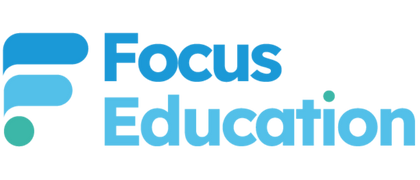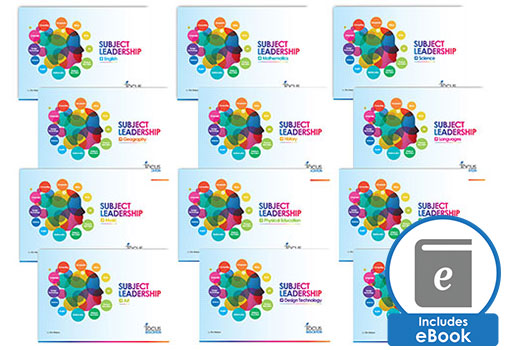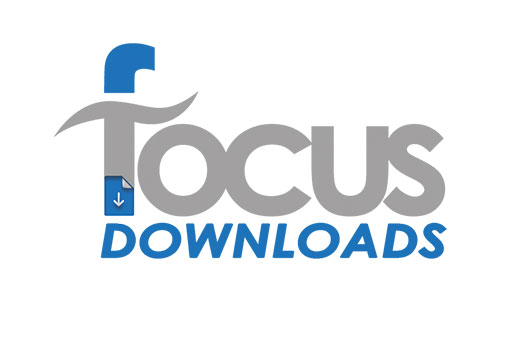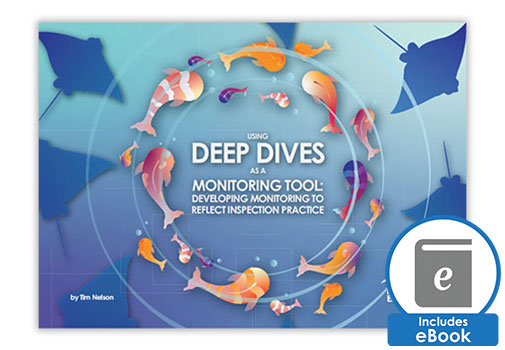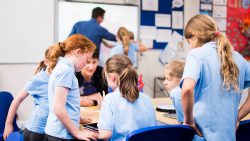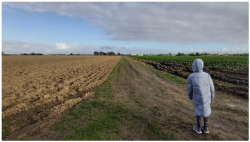
The Great Debate in Primary Education
Education and debate. In this country, two words that are moulded together in the collective lexicon to much the same extent as ‘conversation and weather’ and ‘haircut and holiday destination’.
It’s prevalent and has been for as long as I can remember, which is for a worryingly long time now.
The Great Debate in education ranges from the braying MPs in parliament waving bits of paper in the air, like toddlers having a crayon-induced colouring tantrum and honking like sea lions during the mating season, trying to score easy political points with their often ill-informed sound bite generalisations, to the parents at the nursery gate discussing which primary school the other should really be applying for because that new headteacher has apparently banned smiling and introduced detentions for parents who don’t help their child with spellings.
It happens all over the twittersphere and other social media, with excellent, reasoned discussions on the many forums and well-informed responses to the numerous educational blogs and vlogs. Social Media has literally opened up a whole world of educational debate. Unfortunately, as with any online conversations these can be spoilt by the usual trolls frantically ranting via their enraged thumbs.
The topic to dominate all others.
But there is one topic of debate that I believe dominates all others.
One particularly thorny issue that is top of my “If I had a pound for every time I was asked that question, I’d be a rich man ha ha ha” list of things I am asked during consultancy in schools or during breaks on training courses.
(If you are of a similar age to me, i.e. middle, then perhaps start playing the old ‘Top of the Pops’ top ten countdown music in your head at this point. Just don’t think of some of the haircuts we all tried back in the day.)
Yes, in at number one it’s…
“Should we give the children just one exercise book for all their writing and other subjects, or separate exercise books for each subject?”
Yes, that old debate still rages. And I can see both sides to the pressing argument.
Separate exercise books for each subject or one exercise book for all subjects?
Having all the children’s work in one book helps both the child and the teacher ensure consistency. The message is that if you are capable of writing like this in the morning in English, then we can both expect the same standard and application of paragraphs and punctuation in the afternoon in RE.
On the other hand, using the separate subject exercise books ensures that it is easier to see progression in a subject and also helps to ensure full coverage in each subject too. So just like any consultant worth their salt, I go into pseudo-coaching mode and respond with a question rather than offering anything definitive, usually along the lines of, “Well, what do you think is most effective and why…?”
Science is now increasingly been asked about in these terms. I have been fortunate to visit many schools where science is still taught really well, despite its fall from the top pedestal of a ‘real’ core subject as far as the DfE and Ofsted have been concerned over recent years. Whether the work is recorded in science exercise books or recorded in the same book as English or maths work isn’t important. What the schools have in common is that they ensure there is good science and good English and good maths. The labelling of the books varies across the settings; the standard of the work and of pupils’ learning does not.
These schools ensure that the genuine opportunities for the use of statistics to analyse science results are used as the basis for a series of maths lesson, or the skills learned in maths are explicitly applied in science. These schools also ensure that opportunities to write explanations or instructions are used to help record science work, with the standards of writing being equally high, whether it is an English lesson or a science lesson.
Just like the labels on the exercise books not making a difference to the quality of pupils’ work and high expectations; the name of the subject on the weekly timetable does not make a difference to these things either.
Floorbooks for science work in KS2
Just before Easter, I was working in a school that used floorbooks for science work in KS2. Floorbooks are not uncommon in Early Years settings, but they are fairly unusual in other year groups.
And these were great. The huge book in each class included post-it notes of every child’s scientific questions prior to an experiment. They also recorded each stage of the investigations with photos, quotes from the children and dialogues as they came up with hypotheses and explained their results. The floorbooks weren’t the only way that science learning was developed and recorded. The pupils also recorded their work individually as well. (And for the record they use separate science exercise books.) This isn’t the important bit though. The important bit is that the spoken language development of the children is enhanced through the cooperative effort of producing the floorbooks. Their written work is of a high standard helped by the children knowing that the audience will be their peers and other adults who look through the floorbooks. The children also used statistics to record many of their findings. And unlike some of the alleged application of maths in science work I sometimes see in schools, this maths was actually appropriate for the age of the children, clearly linked to the programme of study for that year group.
So never mind about the debate about the labelling of, or quantity of, the exercise books per child. As long as there are high standards across the school day (beware the dreaded 12 o’clock drop-off in standards) and all subjects are being taught well and learning is effective for all, let’s move the debate on:
Floorbooks in science – the way forward or just another fad?
Continue the great debate on exercise books in the primary curriculum.
For more information on exercise books in the primary curriculum, the ‘floorbook’ method, and science in the primary curriculum, keep an eye on the Focus Education blog or get in touch with the Focus Education office on 01457 821 818. To enquire about consultancy please head over to our consultancy booking page.
Tim has been a headteacher with a successful track record; his last school had a reputation for innovation and their initiatives have been utilised by others and presented internationally.
School improvement has been at the heart of his career, working as an LLE, a School Improvement Partner, Professional Partner as well as an Ofsted inspector and mentor for trainee inspectors.

